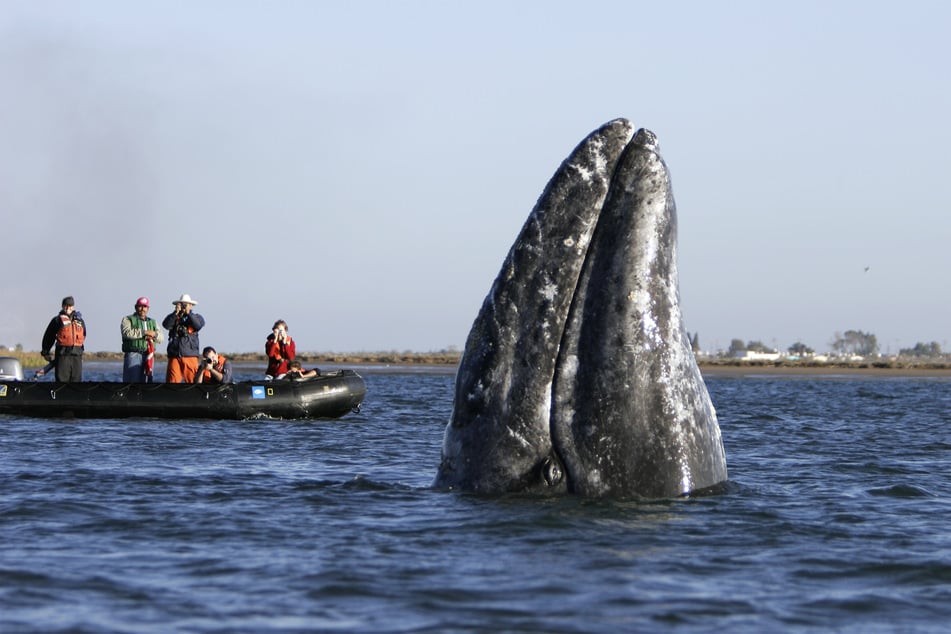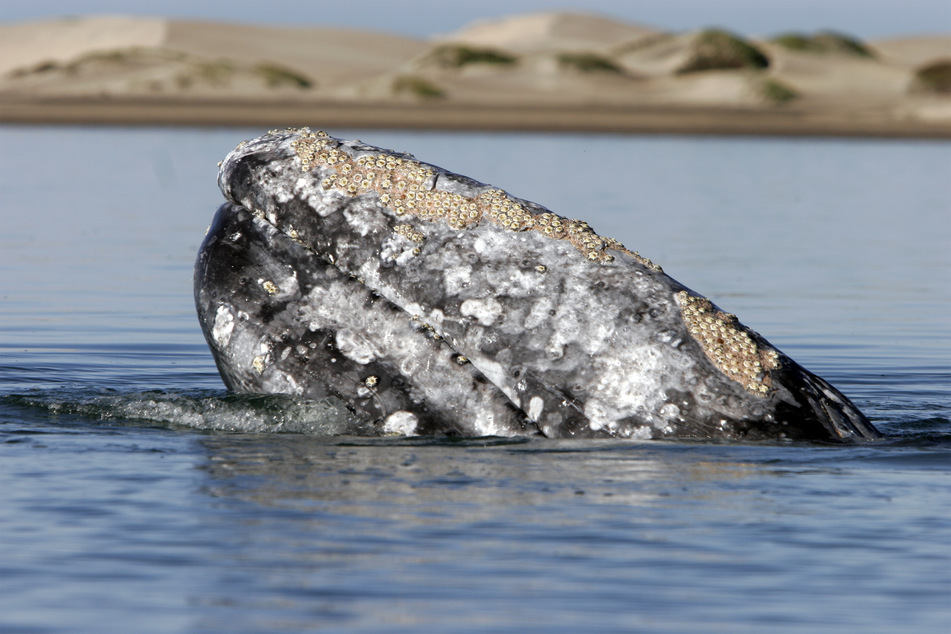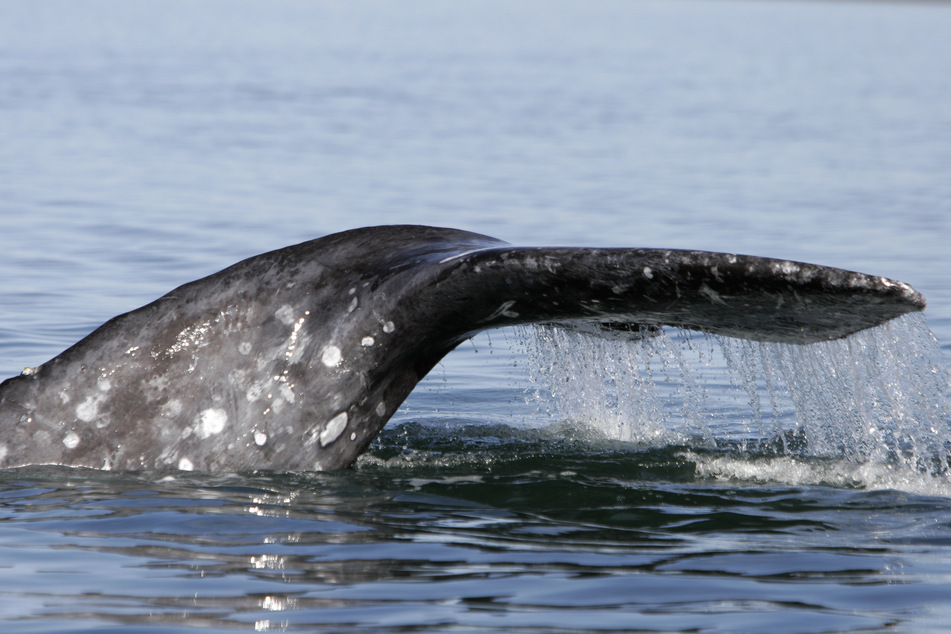Gray whales are returning to the Atlantic after 200 years – here's why
Researchers surveying waters south of Martha's Vineyard and Nantucket have found a gray whale, a species that hasn't been sighted since the 1800s, in the Atlantic.

The gray whale, a critically endangered species mostly found in the North Pacific ocean, has generally only ever been spotted from Alaska or the country's western coast. In the North Atlantic, sightings have been nearly nonexistent since the late 1700s and early 1800s.
After at least two hundred years, though, it seems that these rare and extraordinary creatures are coming back. The sighting has sparked discussions in academic circles about how it could have reached the coast of Massachusetts, with many suspecting it to be a symptom of climate change.
It is worth noting, however, that while it has been a long time since the gray whale graced America's east coast, they are still occasionally sighted in the South Atlantic ocean.
Researchers discover gray whale off Massachusetts coast

While conducting a routine survey of marine life for the New England Aquarium off the Massachusetts coast in late February, researchers spotted what they believed to be a North Atlantic right whale. There was just one problem – while a sighting of this critically endangered species would be good, its skin was awfully blotchy.
If it had been what they originally suspected, then the whale would have been in deep trouble, likely suffering from some kind of nasty illness. As a result of this concern, scientists Orla O'Brien and Kate Laemmle stuck around for it to resurface.
This time, they got a better look. They noted gray and white skin and an incredibly distinctive head, which took the form of a shape that could only indicate one thing: it was a gray whale.
Realizing what it was, O'Brien and her colleagues were stunned. In an interview, she recalled the moment, which she found "really hard to mentally understand."
In a press release from the New England Aquarium, the organization drew attention to the sighting's significance, explaining that it was "an incredibly rare event." According to the organization, outside the Pacific Ocean, gray whales have only been spotted five times in the last 15 years.
Why are gray whales back in the Atlantic?

Almost all scientists involved in the discovery, as well as a number of experts, have said that gray whales have only been able to return to the North Atlantic due to the impacts of global warming and climate change. It's worth being clear, however, that when the aerial survey team sighted a gray whale off the coast of Massachusetts, they only witnessed a single specimen.
The New England Aquarium posits that the animal was able to swim east through the Northwest passage, which has been ice-free regularly in recent years, "partly due to rising global temperatures." According to the organization, due to climate change, "gray whales can potentially travel the Passage in the summer, something that wouldn’t have been possible in the previous century."
While this might seem like a good thing for the gray whale, one has to also ask why the creatures would be trying to migrate anyway. Sadly, the answer to such a question is extremely worrying – some say that they are at risk of "biological annihilation."
Warning of a "sixth mass extinction" by the end of the century, several recent studies have suggested that loss of biodiversity may lead to a knock-on effect, where more-and-more species find themselves at risk as the food chain deteriorates.
The extinction crisis could explain the gray whale sightings. Over the last five years, since 2019, the species' population has dropped by almost half (from 27,000 to 14,000), leading to a "mortality event" that could be driving a mass exodus.
"There's a potential that some of these unusual sightings in the Atlantic could be the result of that [mortality event]," explained Dr. Joshua Stewart, a quantitative ecologist at Oregon State University.
In a study that Stewart published last year, he elaborated: "Even highly mobile, long-lived species such as gray whales are sensitive to climate change impacts. When there are sudden declines in the quality of prey, the population of gray whales is significantly affected."
Gray whales "are just not getting what they need to survive, so they’re searching for food elsewhere, so we see them in all kinds of weird places... What is really cool is that we could be watching the recolonization of the Atlantic gray whale in real time."
Cover photo: IMAGO/agefotostock



